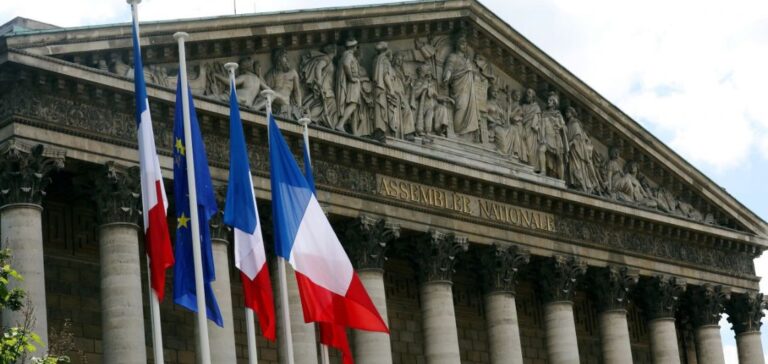The French National Assembly adopted Thursday in first reading, a socialist text that provides for the “nationalization” of EDF without risk of “dismantling”, but also a tariff shield extended to artisans, including bakers.
Adoption of a socialist text for the “nationalization” of EDF
The text adopted by 205 votes to 1, with the support of all the oppositions, represents a significant victory for the socialists. This text will now have to be studied by the Senate.
The measure passed with an amendment adding that lost revenue collected by electricity providers will not be compensated by the state “by waiver” in the 2023 budget.
The session was marked by points of order and interruptions, with opposition MPs accusing the majority of “obstruction” and MPs from the presidential camp protesting the retention of the article for the extent of the tariff shield.
Opposition united against the presidential camp
The “nationalization” of EDF, although the government has already launched a takeover bid to acquire 100% of the electricity giant’s capital, has provoked negative reactions from the government. Minister Roland Lescure considered this bill “useless” and feared that it posed “a risk to the operation underway” and “at best a setback”.
However, part of the opposition suspects that the executive has not really given up on “Hercules”, a controversial project to restructure EDF that involves the separation of nuclear, hydroelectric and renewable activities.
The text therefore plans to set the operator’s activities in stone, which means that Bercy will no longer have a free hand and that the future of EDF will now be discussed before the National Assembly.
However, the measure was adopted despite protests from the presidential camp, which considers the extension of the tariff shield to more beneficiaries, including artisanal bakers, contrary to the Constitution.
In conclusion, this decision has given rise to mixed reactions and it remains to be seen how the Senate will approach this text and what its consequences will be for the future of EDF.






















